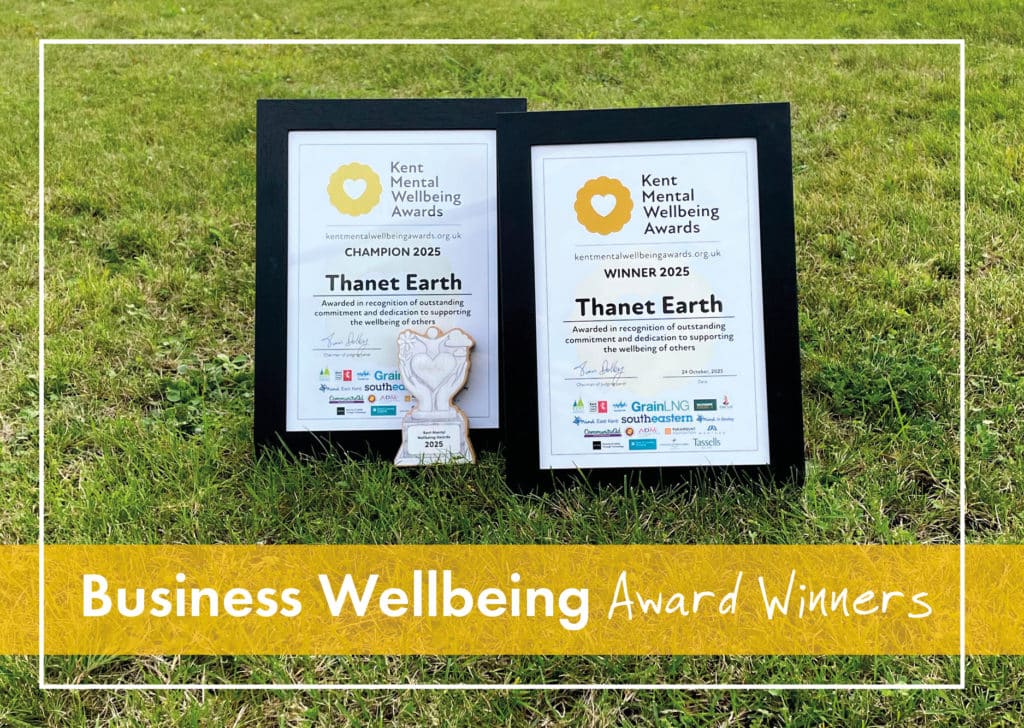A really important part of what happens at Thanet Earth is our harvesting of tomatoes all year round. To achieve an economically-sustainable yield in the winter months, we have to supplement the natural light that the plants receive.
All the tomato glasshouses at Thanet Earth are equipped with grow lights which provide the plants with a light intensity that replicates the light levels of a typical spring day. One of our cucumber greenhouses is also lit. This helps extend our season and provide consumers with British-grown produce for longer. In total, our four operational lit greenhouses have some 40,000 lights at work. Each is around 1000W. These lights are usually switched on during the night, and can stay on until around 5pm in the afternoon.
The plants still need time in darkness as part of their photosynthesis process, so they ‘sleep’ from sunset through until we turn the lights on again during the night.
We use a system of blinds in the greenhouses which serve a number of purposes:
- They help focus the light down onto the crop
- They help prevent the heat escaping through the roof
- They help maintain ideal humidity levels
Whilst the manufacture of these blinds is extremely precise and the maximum coverage possible is provided, for ventilation purposes we have to leave small gaps where the blinds meet. The blinds are also not ‘black-out’ blinds. It’s imperative that the blinds allow the humid air out and the dry air in. A blackout blind would not allow this – plant health and fruit quality would suffer.
As with a blind on the window of a home, light will be visible from above, and a glow may be seen. Our coastal setting brings with it some additional challenges – when a heavy, low mist covers the site, we can suffer from a visible night glow from the lit glasshouses. We have consulted experts in this field who have confirmed that this is caused by the escaping light being trapped and reflected, thereby having a magnifying effect.
Whilst light pollution is a serious issue, it should be noted that the grow lights are not used during key production times in spring and summer. Natural light is sufficient for our crops from around April through until August or September (depending on light levels and plant performance). There are few dwellings in the immediate vicinity of Thanet Earth. By leaving the lights off until around 11pm, we aim to minimise any impact of the lights on our neighbours.
The grow lights are essential for efficient, top quality production. Without this technology Thanet Earth would not be a viable business. With the downward pressure on food prices, efficiency and scale in production are key to remaining competitive in the marketplace. Britain’s salad producing future is reliant on this lit method of production.
As an ultra-efficient CHP electricity-generating plant too, Thanet Earth has sufficient generating capacity to power the lights using our own electricity.
With the improvement in technology and knowledge, we are now investing in LED lighting for our tomato greenhouses. This not only has the benefit of using less energy, but these lights also emit a purple light which is less sensitive to the human eye, whereas the sodium lights emit a white light.
We will still need to run a combination of sodium and LED in the darker, colder months but we are focusing more on using the LED lights. An advantage of LED lights is that they produce less heat, so we will not need to open the blinds to vent the crops until after sunrise – again minimising the glare as much as possible.
Our lights are working to help keep Britain producing salad crops, with significant employment and opportunities resulting from our site. We are proud of our crops and our production methods, and we’re grateful for the overwhelming support we have received from local residents, from the local planning authority and from our customers.


